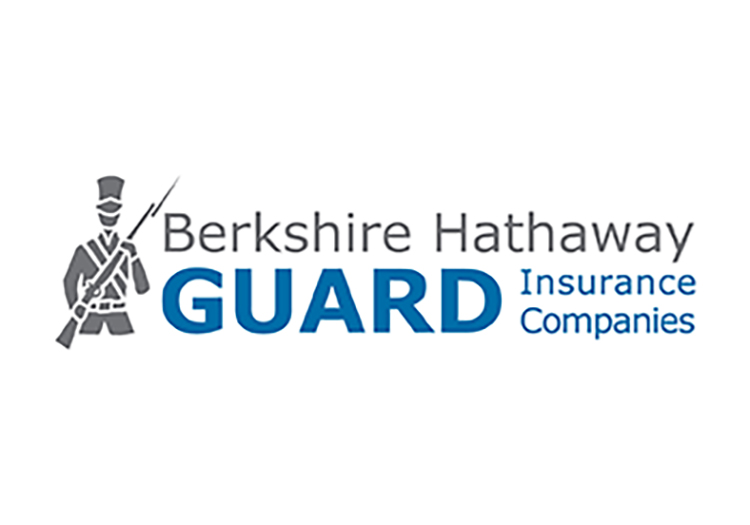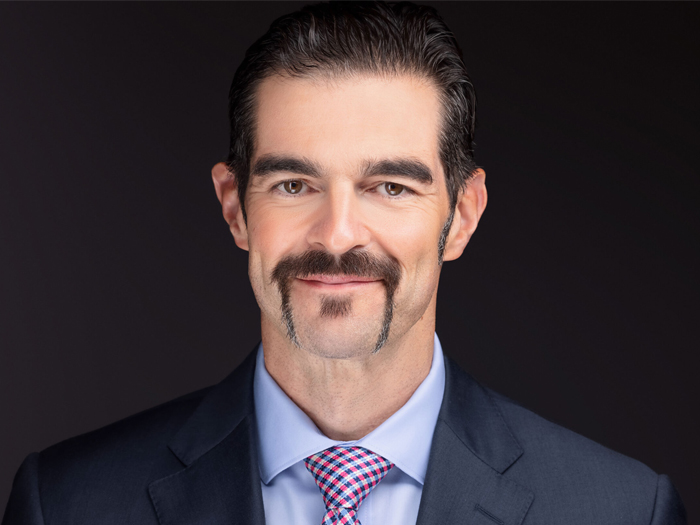Risk Insider: Mike Rozembajgier
Recall Mitigation Relies on Risk Managers
This is turning out to be a record year for auto-related recalls and, with the astronomical costs associated with them, insurance companies that offer accidental contamination or malicious product tampering policies are on alert.
This type of insurance is primarily used by food manufacturers, distributors, retailers and auto parts suppliers to cover business expenses related to a recall. And in light of recent events, you can be sure that parts suppliers are working closely with their insurers to see what losses are covered and what the damage will be to their bottom line.
Those with insurance are the lucky ones, as the costs associated with a recall can be significant, but even for those organizations, the results of the recall and subsequent insurance coverage rely heavily on the assessments of risk managers.
One of the key concerns for risk managers is cost containment.
Typically, an insurance company becomes engaged with the manufacturer when the recall is about to happen or has just happened. To get started on remediation, the insurer must determine the total loss of product and what services are needed.
Then, the insurer will pull impacted lots and have them tested by an independent company to confirm that a full recall is necessary. Risk managers must ensure that lot sizes and distribution channels are optimized to minimize the impact on the bottom line depending on the likelihood of a recall.
Throughout a recall event, a lack of effective risk management can cause manufacturers to make missteps that cost millions of dollars and negatively impact insurers.
For example, if organizations don’t have the ability to identify and isolate contaminated products from safe ones, they may end up crediting a retailer for the full lot and not just the impacted products – resulting in a cash loss.
Also, manufacturers may incur compliance fines as they scramble to meet all of the regulatory requirements surrounding recalls. Lastly, the complex logistics involved in a recall may prolong the process and expose the brand to greater risk.
Here are some best practices for risk managers to consider when faced with a recall:
• Ensure access to good data and tracking on impacted products, including information on where it is located and what the value of lost product is.
• If the origin of the recall is known, contact the source to see what damages they will pay and determine if legal action is needed.
• Encourage the organization to be recall-ready with a designated recall team and plan, and an understanding of the supply chain partners’ recall protocol.
As the global supply chain continues to become more complex, risk managers need to be vigilant when preparing for internal and supplier issues.
And for companies of all sizes, product contamination is a loss exposure that cannot be ignored. It’s occurring with alarming frequency in the U.S. and globally catching many organizations by surprise.
Companies that fall victim to these incidents often incur staggering costs in damage control and significant lag time in restoration of profits and reputation.










